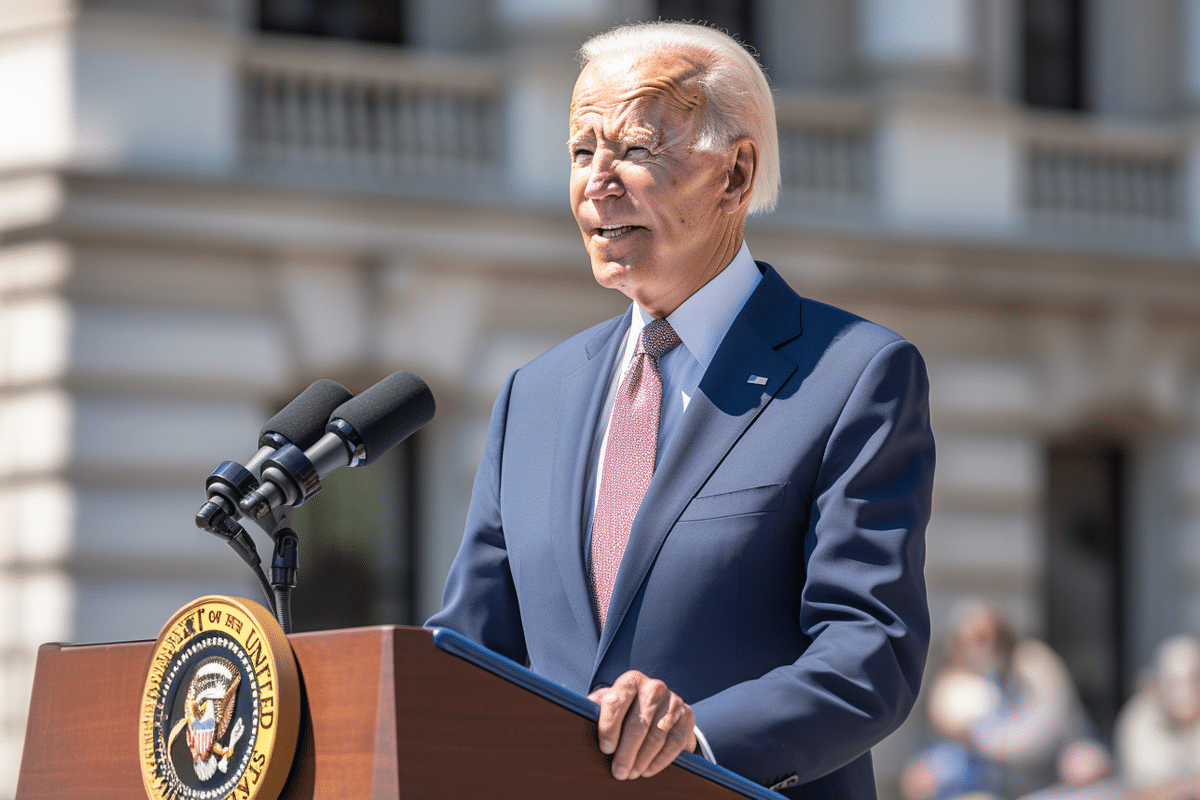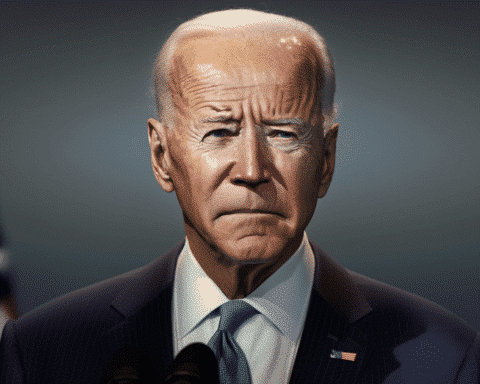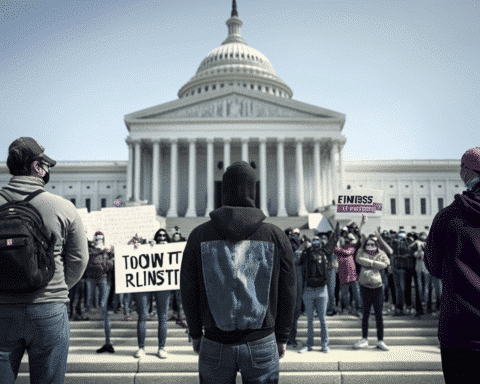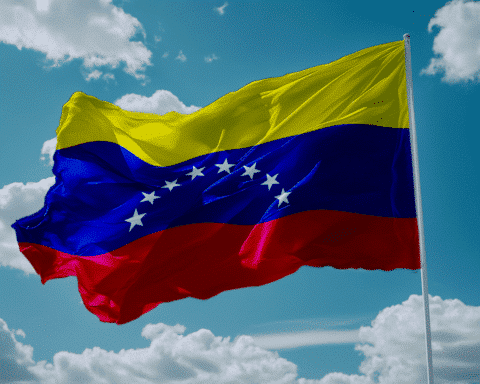The Biden administration has resumed its immigration program, allowing migrants from Cuba, Haiti, Nicaragua, and Venezuela to enter the United States. The program’s restart comes with enhanced measures to ensure the legitimacy and integrity of financial sponsors amid rising fraud concerns. The Department of Homeland Security (DHS) temporarily suspended the program earlier this month to investigate the allegations of fraudulent activities among sponsors. After a thorough review, the DHS found no widespread fraud but decided to introduce additional vetting measures to bolster the program’s integrity.
Under the newly reinstated program, both potential sponsors and the migrants they support will undergo comprehensive scrutiny. This includes a detailed examination of sponsors’ financial records and criminal backgrounds. Sponsors will now be required to submit fingerprints as part of the process. These measures aim to identify and prevent fraudulent activities, particularly targeting sponsors who submit numerous applications or use fake identification, such as false Social Security numbers. While a small number of fraudulent cases were identified, DHS clarified that most of the discrepancies involved minor errors, such as typographical mistakes during the submission process.
The immigration program, initially launched in January 2023, is a cornerstone of the Biden administration’s strategy to manage immigration more effectively. The policy provides a legal pathway for migrants from countries that frequently send large numbers of people to the United States and often resist accepting deportees. By offering an alternative to illegal border crossings, the program seeks to reduce the number of asylum seekers arriving at the U.S. southern border illegally.
The program allows up to 30,000 migrants from the specified countries to enter the U.S. each month. These migrants are granted two-year stays and are eligible for work authorization. However, they must meet specific criteria to qualify: having a U.S.-based financial sponsor who will vouch for them and covering the cost of their own flight into the United States. The program aims to provide a controlled and lawful immigration route while simultaneously reducing illegal crossings. Since its launch, more than 520,000 people from the four countries have arrived in the U.S. under this policy.
The impact of the program has been noticeable in the decline of illegal border crossings. For example, arrests of Cuban nationals dropped significantly, from over 42,000 in November 2022 to just over 5,000 in the first half of this year. Similarly, arrests of Haitians fell from a peak of nearly 18,000 in September 2021 to only 304 in the first six months of this year.
Despite these successes, the program has faced criticism from Republican lawmakers, who argue that it undermines existing immigration laws. They expressed concerns about the adequacy of the vetting process, citing the program’s temporary suspension as evidence of its flaws. Critics have argued that the program offers a loophole for migrants, bypassing the traditional asylum process.
The DHS has addressed these concerns by implementing stricter vetting protocols for sponsors. These new measures aim to ensure that the program’s sponsors are financially capable and have no criminal background, thereby preventing exploitation of the migrants. The DHS has also enhanced its processes to detect and act against fraudulent activities more effectively. Although an internal review did find some isolated instances of fraud, such as the use of deceased individuals’ Social Security numbers, these cases were not widespread and were addressed appropriately.
One of the significant challenges the program faces is the emergence of social media groups facilitating sponsorships for financial gain. Reports have surfaced about Facebook groups with names like “Sponsors U.S.” where individuals either offer or seek financial sponsorships, often hinting at profit motives. The DHS’s tightened vetting measures will likely target these practices to protect the migrants from exploitation and uphold the program’s integrity.
The Biden administration’s immigration program, coupled with Mexico’s commitment to take back individuals who cross the U.S. border illegally, represents a dual approach to managing migration. The administration hopes to provide a safer, legal option for migrants while discouraging illegal border crossings. As the program continues to evolve with these enhanced vetting measures, the administration aims to balance humanitarian efforts with the need for secure and regulated immigration pathways.




